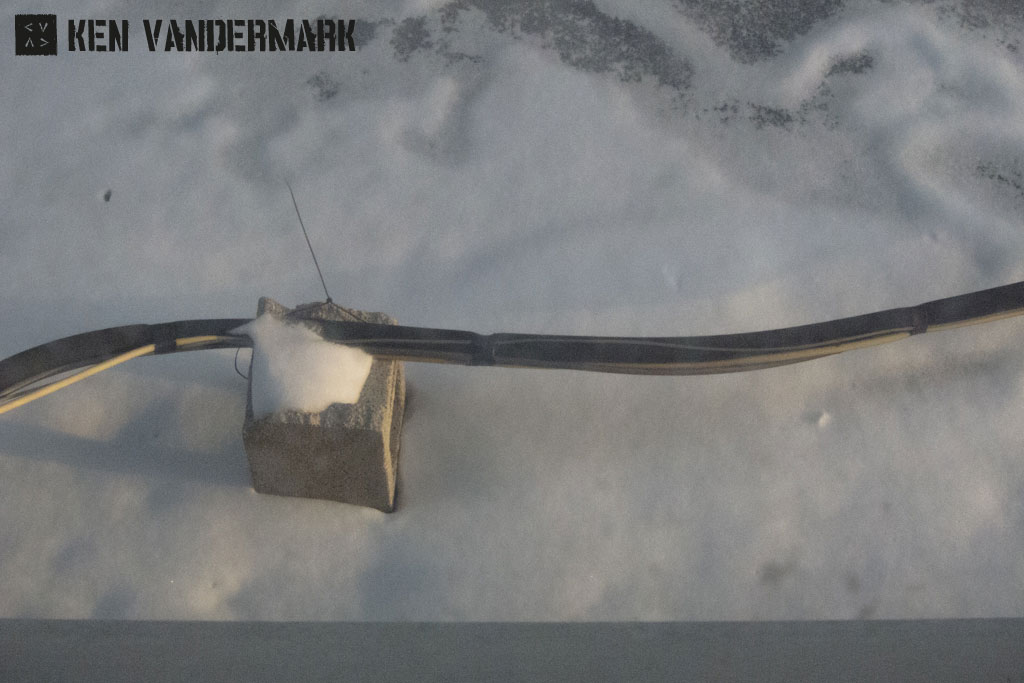

More work on the transcriptions of Adrienne Pierluissi’s songs. We’ve got another rehearsal on Saturday the 5th and I need to have all the material notated so that we can double check the accuracy of the parts and start specific discussions about which direction to take with the arrangements. Though her music is quite different than the material I worked on with the Ex for the new project with Getachew Mekuria, it’s quite fascinating to see how music deeply rooted in vocal expression- with rhythms and melodies based on text and “stories”- works in comparison to music based solely on instrumental concerns. The phrasing of instrumental music in Ethiopia is connected directly to their vocal music tradition, material may have superficial relationships to some conventions found in Western music, but once you begin to learn the songs it becomes obvious that the self evident organic balance of the lines is actually quite complex, something like the structure of compositions by Thelonious Monk, even if sounding completely different than Monk’s music. Adrienne’s songs have this organic complexity too, she sings how she hears, isn’t concerned if the phrases are in a specific meter or if melodies repeat identically, the music is unconfined by preconceptions of what’s “correct,” its correctness is self evident because it fits the expression of the text, not that the text must fit into a pre-designed box. More films screened: finally able to watch, “Parallax Sounds,” the documentary about the music scene developed in Chicago during the 1990’s (since I wrote the soundtrack I’m too close to the project to be objective about it, but there is striking imagery and good interviews with Steve Albini, David Grubbs, Damon Locks); also saw William Klein’s documentary, “Muhammad Ali, The Greatest 1964-1974,” a striking cross section between two key periods in Ali’s life- his defeat of Sonny Liston as Cassius Clay and his decision to be a conscientious objector to the Vietnam War, then Ali’s defeat of George Forman in Zaire a decade later, a fantastic look at the international culture and politics of the time; then I compared two filmed versions of Samuel Beckett’s, “Happy Days,” the first starring Irene Worth and directed by David Heeley, the second featuring Rosaleen Linehan and directed by Patricia Rozema. Putting Beckett’s theater onto film is somewhat controversial, and considering how much control Beckett demanded over the interpretations of his plays I doubt he would have been happy with either production, but Rozema’s version, set in the rocky sands of Tenerife, is incredibly powerful, very much due to Linehan’s performance. Would be amazing to see “Happy Days” on the same evening as “Krapp’s Last Tape.” When I recover some optimism about the human condition, maybe I’ll watch the versions from, “Beckett On Film,” back to back. Ali speaks on his stance toward the Vietnam War:
© 2024 Ken Vandermark – musician & composer | Disclaimer